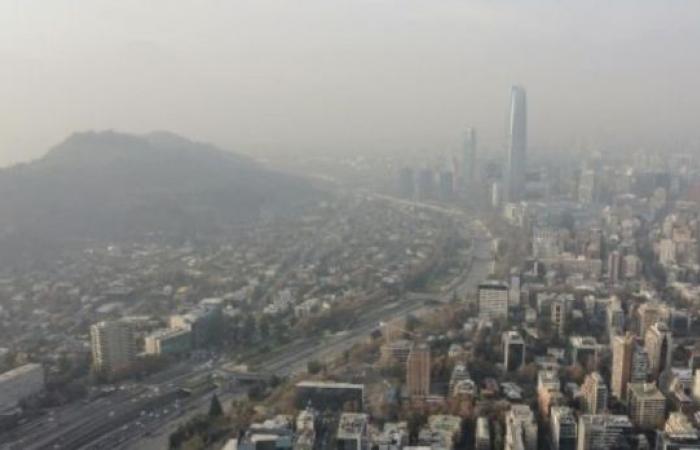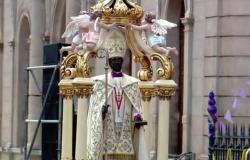When an ambassador remains in office only on the merits of friendship, not because of his career and professional experience; when banking secrets are not transparent, because the required wills are not there; when collusions are the order of the day, without great value contradiction; when the Judiciary surprises us with its particular appointments; when ethics classes are used as an alternative for a few (two students); when parliamentarians maintain their legislative work only from particular interests; when influence peddling is at the service of a small but powerful elite (economic, political, etc.); when notaries become a black box for the OO.PP.; when it is simulated and celebrated that the Lobby Law works… well!, there are multiple issues that should lead us to the million-dollar question: how transparent are we as a country?
To speak of opacity is to speak of a lack of light and a lack of clarity, and from what I see, that is what is currently happening in Chile. Either because we have become accustomed to this contradiction, or because we accept it reluctantly, or because it is simply something beyond us that crushes us emotionally (learned helplessness). Whatever it is, the point is that we live under a reality that is often simulated, which obscures the great contradictions of our country, and with this, drowsiness and apathy capture without contemplation our most critical dimension… and our ethical one as well.
What is the problem, then? Complexity is inhabiting a petty, competitive, and individualistic culture that is only built around “my” needs and interests; culture forged by decades from an elite (political and economic) disconnected from pain and the most basic empathy and that will end over time, in a crust of indifference and deafness in the face of an issue, among many, fundamental to imagine the cohesion of a nation : credibility.
When there is no credibility, there is no trust and, when there is no trust, the gap of social disagreement increases and, with this, any possibility of advancing for a common good disappears. In the case of transparency, for example, questions arise that are not easy to answer. How to team up with someone who deceives me and abuses me because of his undeniable power? How can we imagine a shared future in alliance, if there is constantly the possibility of exploitation and “close arrival”? Why hand over power to the elite, if their interests are not collective, but rather for a few? In other words, an opaque culture brings with it a series of fractures that hinder and weaken the coordination of actions and the imagining of a different and more equitable future. Why not?
Likewise, it is also true that the driving force that represents values, ethics and the common good are fundamental when the challenge is to make a bigger leap as a country, but this does not happen because of preaching or legal coercion. The common good, which represents a value and an emotion at the same time, is the result of a deep and endearing belief, a solidarity and human dimension where no one is superfluous and where no one is more than others. The power is in the community and what is sought is fair coexistence. And as Victor Hugo said one day in The Miserables, “It is easy to be good: the difficult thing is to be fair.”
Creating a developed country is not just about industrializing it and generating wealth piecemeal. Nor is it just about technologizing it with what is cutting edge. The challenge is to transfer real values, principles and beliefs to the population from a solid coexistence over time. That is to say, educating is thinking about the territory with all its citizens, without exclusion and at the service of an ethic forged in good living… an example: being honest, the minimum! And to achieve this challenge, transparency will always be our great inspiring and mobilizing resource.






